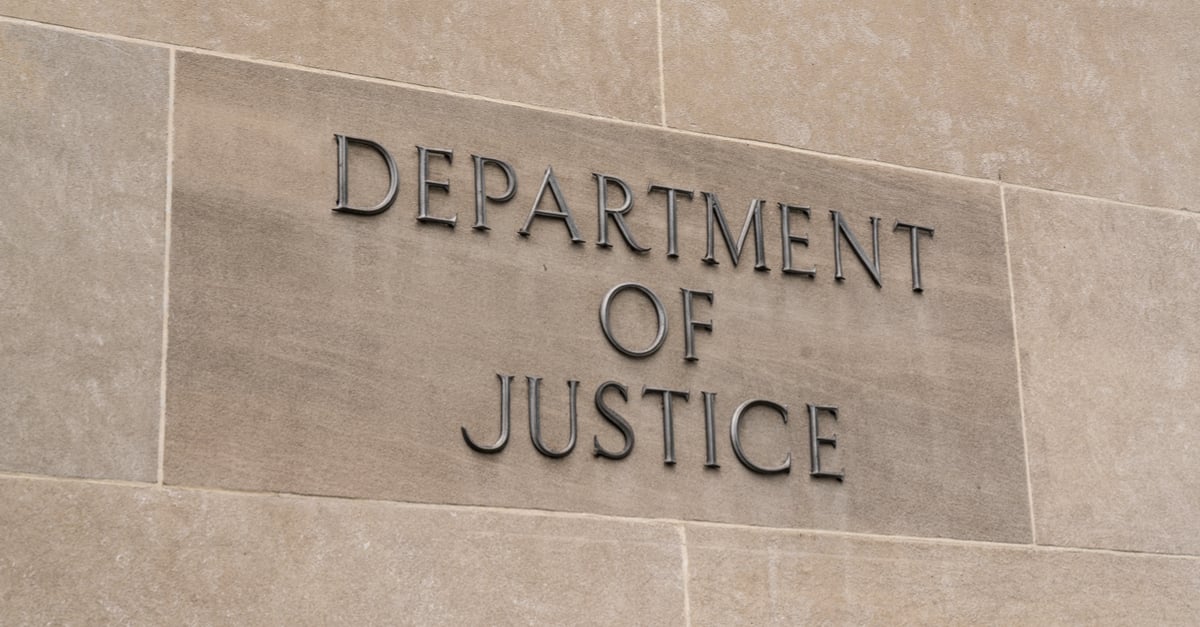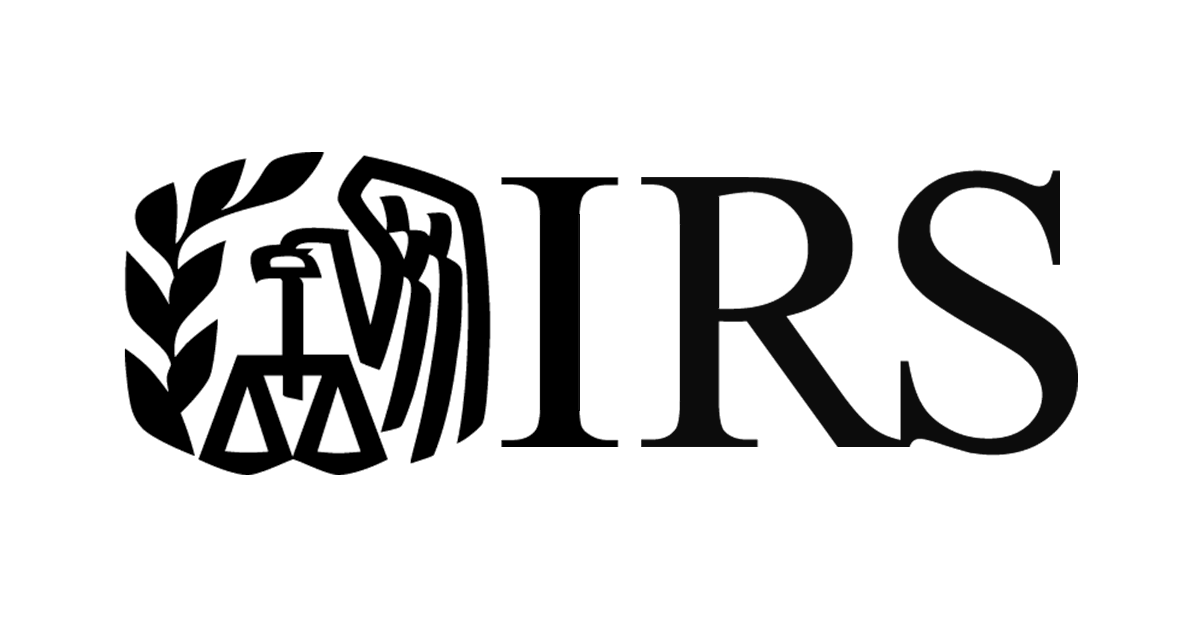Security News

The US House of Representatives has passed a spending bill which includes a $500m election security provision. Specifically, the half-billion goes to the US Election Assistance Commission and will give states money that will be used to replace electronic voting machines with ones that provide a paper trail of results.

Intelligence officials confirmed in recent days that foreign actors are actively seeking to compromise the private communications of "U.S. political campaigns, candidates and other political targets" while working to compromise the nation's election infrastructure. Because of such secrecy, at least in part, foreign interference largely remains an afterthought in the 2020 contest, even as Republicans and Democrats alike concede it poses a serious threat that could fundamentally reshape the election at any moment.

President Donald Trump said Friday he will bar fast-growing social media app TikTok from the United States as American authorities have raised concerns the service could be a tool for Chinese intelligence. Speaking to reporters on Air Force One, Trump said: "As far as TikTok is concerned, we're banning them from the United States."

The US Department of Justice just issued a press release entitled simply, "Three Individuals Charged for Alleged Roles in Twitter Hack.". In some ways, the Twitter hack referred to, which happened just two weeks ago on 2020-07-15, was tiny.

The miscreants also managed to access the Twitter Direct Messages in 36 accounts, and to download Twitter account data for seven accounts. "Increasingly we rely on platforms like Twitter to receive news and other information that is important to our lives," said US Attorney for the Northern District of California David Anderson in the video statement below.

US prosecutors on Friday announced they have charged three people, one of them from Britain, for roles in hijacking celebrity Twitter accounts and tricking people out of money. The US attorney's office in California said 19-year-old Mason "Chaewon" Sheppard of Britain along with Nima Fazeli, 22, of Florida were facing criminal charges in the case.

The US ambassador in Brasilia warned of "Consequences" if Brazil chooses Chinese telecoms company Huawei to develop its 5G network, in an interview published Wednesday. "I wouldn't say there would be retaliation, but there would be consequences" if Brazil goes against US advice and picks the Chinese firm, Ambassador Todd Chapman told newspaper Globo.

Let me tell you how it will be There's one for you, nineteen for me 'Cause I'm the taxman, yeah, I'm the taxman Should five per cent appear too small Be thankful I don't take it all 'Cause I'm the taxman, yeah, I'm the taxman If you drive a car, I'll tax the street If you try to sit, I'll tax your seat If you get too cold, I'll tax the heat If you take a walk, I'll tax your feet 'Cause I'm the taxman, yeah, I'm the taxman. You end up with a fraudulent tax return filed against your name; the government ends up with a huge dent in its tax revenues; and the mess can take ages to sort out.

Russian intelligence services are using a trio of English-language websites to spread disinformation about the coronavirus pandemic, seeking to exploit a crisis that America is struggling to contain ahead of the presidential election in November, U.S. officials said Tuesday. Two Russians who have held senior roles in Moscow's military intelligence service known as the GRU have been identified as responsible for a disinformation effort meant to reach American and Western audiences, U.S. government officials said.

In a joint alert this week, the United States and the United Kingdom warned that a piece of malware has infected over 62,000 QNAP network-attached storage devices. "Due to these data breach concerns, QNAP devices that had been infected may still be vulnerable to reinfection after removing the malware," the company said.